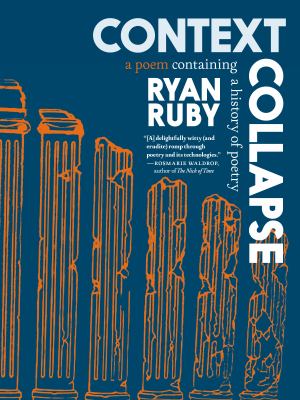What do you think?
Rate this book


240 pages, Paperback
Published November 19, 2024
The science of acoustics was still in
Utero and the phase velocity
The alphabet changes everything,
But not immediately. On continents
Unknown to the Phoenician mariner,
In languages that did not yet exist,
Reading aloud would be an important
Mode of transmission until well into
The nineteenth century.